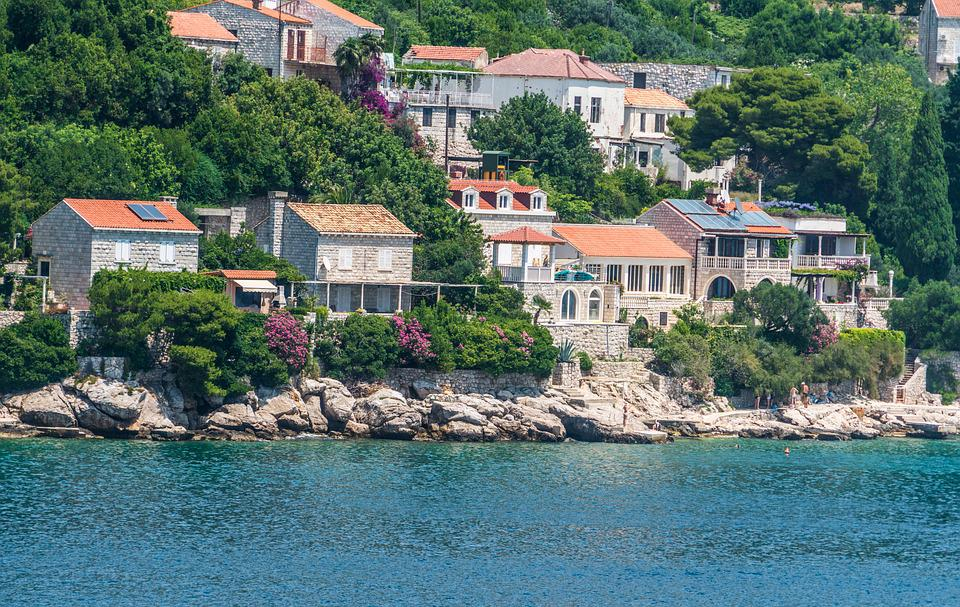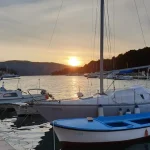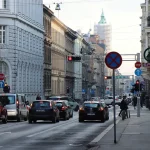As Poslovni Dnevnik writes, when speaking solely in terms of income earned, the current tourist season could reach the record year of 2019 at the end of August, Tourism Minister Nikolina Brnjac confirmed in a recent interview for N1.
That’s why experts expect that this year’s tourism revenue will be 30 percent higher than that often referenced, record-breaking pre-pandemic year. Those who earn their cash from tourism now have “sweeter” troubles to ponder over, such as what to invest their earnings in under the circumstances of high inflation that is rapidly eating away at the value of money itself. The result: the expected new Croatian property price increase.
According to the indicators so far, the season is going more than excellently. We aren’t nearing the end of 2022 yet, but Nikolina Brnjac is already extremely satisfied with the income earned this summer from tourism.
“According to some calculations, if this continues, we calculate that at the end of August and the beginning of September, we’ll manage to surpass 2019 in that segment,” said Minister Nikolina Brnjac.
While that’s all well and good, just how much does that satisfaction amount to in the currency of the Croatian future – euros?
“Well, back in 2019, there was some 10.5 billion euros in income earned from foreign tourists, and now the CNB’s projects are 11.3 billion,” said Brnjac.
“If we’re talking about Split, we’re talking about Croatian buyers of property, apartment buyers, and if we’re talking about destinations like Primosten or Rogoznica, in addition to locals, foreigners also buy property there, and they do so in significant numbers,” said Marin Biliskov, director of the Biliskov real estate agency, writes N1.
“If we look at tradition, a good season down on the coast always meant a good property selling season in Zagreb,” said Boro Vujovic, the director of the Opereta real estate agency.
A good season means higher demand and higher prices, and when it comes to Croatian property, we’re already seeing record growth by as much as 20 percent compared to last year. The average square footage of a new building in Croatia stands at 2140 euros.
Is there room for additional Croatian property price increases?
“Given the average income and standard in Croatia, regardless of a good summer tourist season, I think prices have reached a point that shouldn’t be exceeded now. But as long as the demand is greater than the supply, it’s an economic law that the price goes up,” said Biliskov.
As Vujovic says, if the prices of energy and everything else rise, then real estate prices will rise as well.
“I think it will slow down because interest rates will rise, some people just won’t be creditworthy, so that will reduce demand,” Vujovic said.
The demand of foreigners for property in Croatia is also constantly growing. Croatia’s entry into the Eurozone and Schengen could stimulate both domestic and foreign demand.
“What we mustn’t ignore is the significant activity of foreign buyers who, with Croatian entry into the Eurozone and Schengen, will raise awareness of Croatia as an interesting investment destination precisely through transactions in euros. Although transactions were tied to the euro but realised in kuna, they’ll now be able to realise everything in euros, which will further stimulate the interest of foreign buyers,” said Vedrana Likan, director and partner of the Colliers company.
For more, make sure to check out our dedicated lifestyle section.










